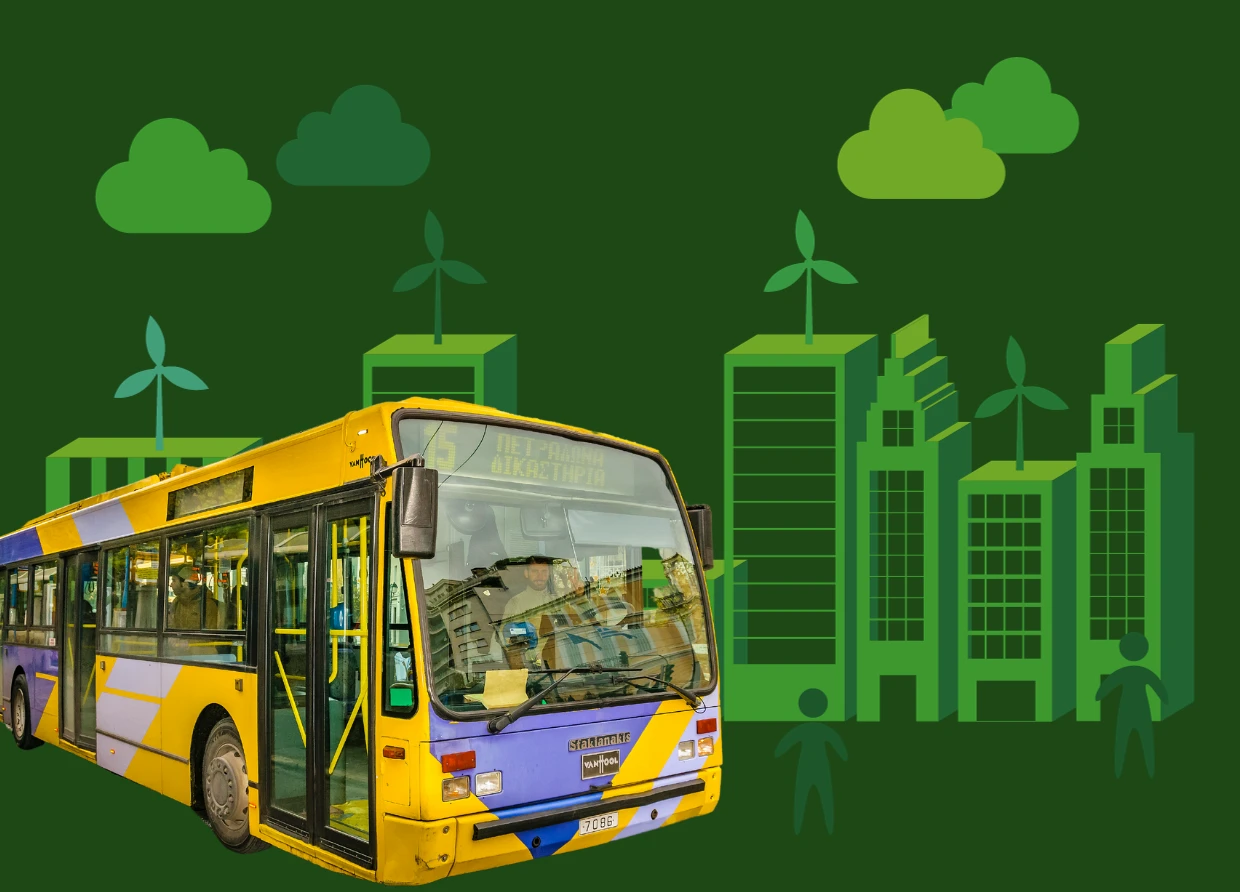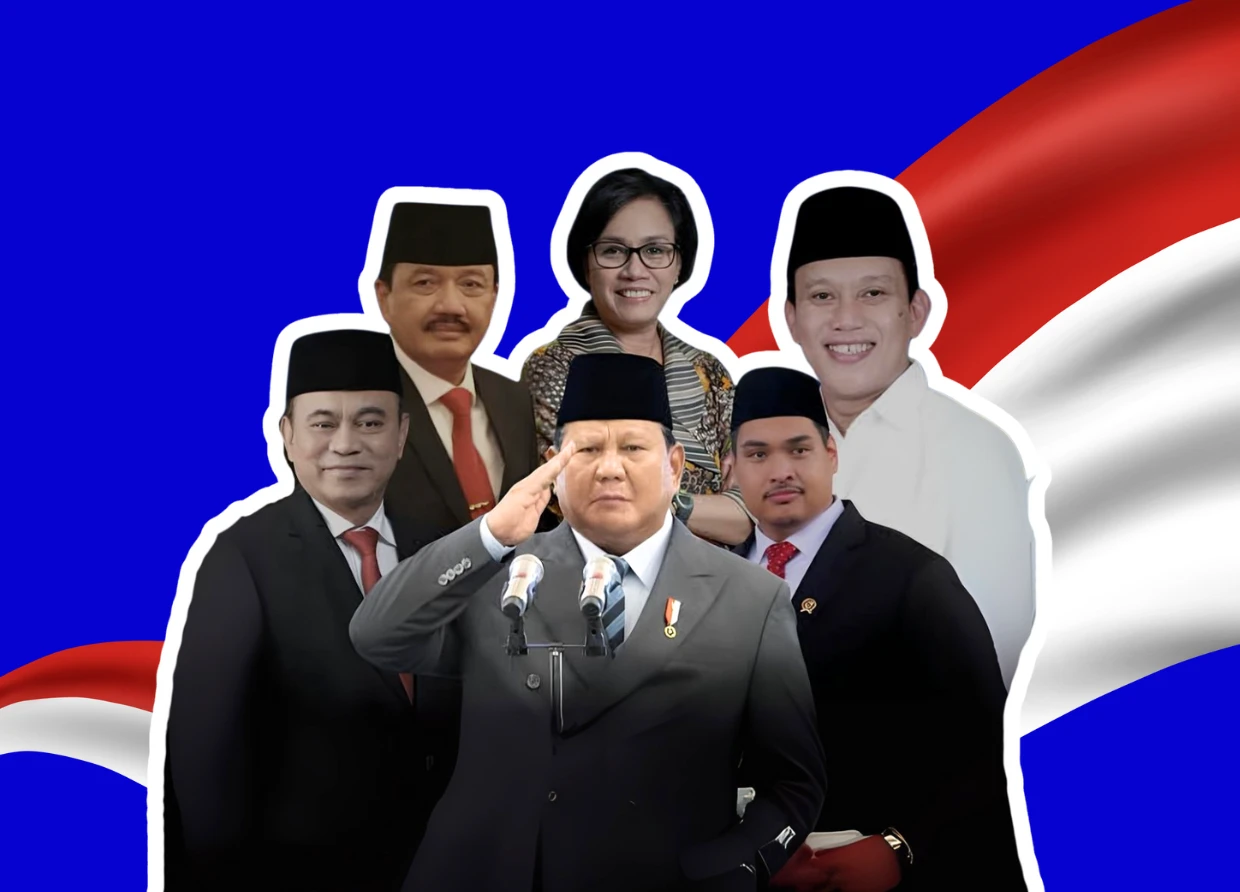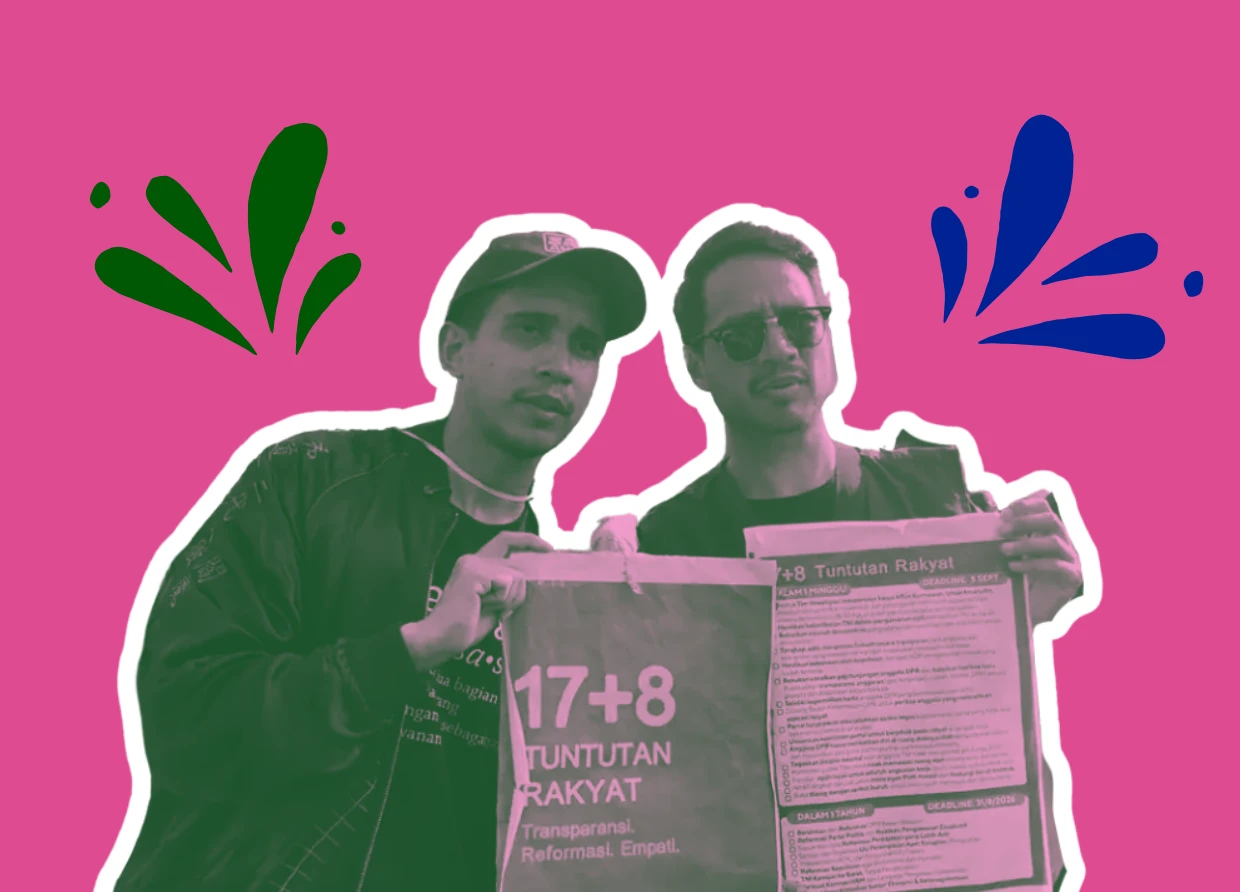INDONESIA AND SOUTH KOREA COLLABORATE FOR GREEN PUBLIC TRANSPORTATION IN BALI
Indonesia and South Korea unite to revolutionize public transportation in Bali,

In order to push forward sustainable urban mobility, the governments of Indonesia and South Korea have joined forces to develop an electric vehicle ecosystem for public transportation services in Bali's Denpasar, Badung, Gianyar, and Tabanan areas, collectively known as Sarbagita. The Memorandum of Understanding (MoU) sealing this partnership was signed by Deputy for Maritime Affairs and Natural Resources of the Ministry of National Development Planning/National Development Planning Agency, Vivi Yulaswati, and Jaeseung Lee, the Country Representative of the Global Green Growth Institute (GGGI) and Deputy Regional Director of Northeast Asia.
The collaboration aligns with Indonesia's commitment to achieving Net Zero Emissions by 2060 or sooner, a goal shared by 200 countries globally. Vivi Yulaswati emphasized this commitment during a press conference in Sanur on Wednesday, December 13, 2023. She highlighted the significant role the transportation sector plays in reducing greenhouse gas emissions, projecting a potential 9.93 percent contribution to the cause. Yulaswati further emphasized the financial strain caused by petrol subsidies on the state.
Beyond providing electric buses, the collaboration aims to establish charging stations and determine optimal routes, turning Bali into a model for sustainable transportation. Yulaswati expressed hope that within three years, Bali would serve as a blueprint for implementing similar initiatives in 20 other major cities.
Jaeseung Lee shared details of the three-year collaboration, set to conclude in December 2027. The plan encompasses a comprehensive feasibility study, implementation, financing, and the provision of electric buses, along with supporting ecosystems for the Sarbagita area. Lee emphasized the global focus on adopting zero-emission technology, particularly in the transportation sector, and GGGI's commitment to supporting the Indonesian government in introducing e-buses, starting in Bali and later expanding to other regions.
The Head of the Bali Provincial Transportation Service, I Gede Wayan Samsi Gunarta, acknowledged the provincial government's foresight in planning this transition since 2020 through the Regional Action Plan. Gunarta explained that the initiative follows a 2019 Gubernatorial Regulation, mandating the transition of public transportation to electric vehicles.
The project will begin in the Sarbagita area due to its metropolitan nature and existing sustainable urban mobility plan. Gunarta revealed ongoing plans, including a feasibility test of the core road sustainable urban mobility plan, emphasizing the imperative for the Sarbagita area to transition to electricity promptly.
Klungkung is identified as the next area for the electricity transition, given its potential to contribute to Bali's economic growth. The collaboration represents a significant step towards realizing a green, sustainable future for Bali's transportation landscape and serves as a beacon for environmentally conscious initiatives on a global scale.
#THE S MEDIA #Media Milenial #Indonesia South Korea collaboration #electric public transportation Bali #sustainable mobility #Global Green Growth Institute #Net Zero Emissions 2060 #Bali eco-transformation #electric buses #climate-friendly transport #renewable energy #urban development initiatives #clean energy projects #zero-emission technology #public transport revolution #environmental partnerships


























